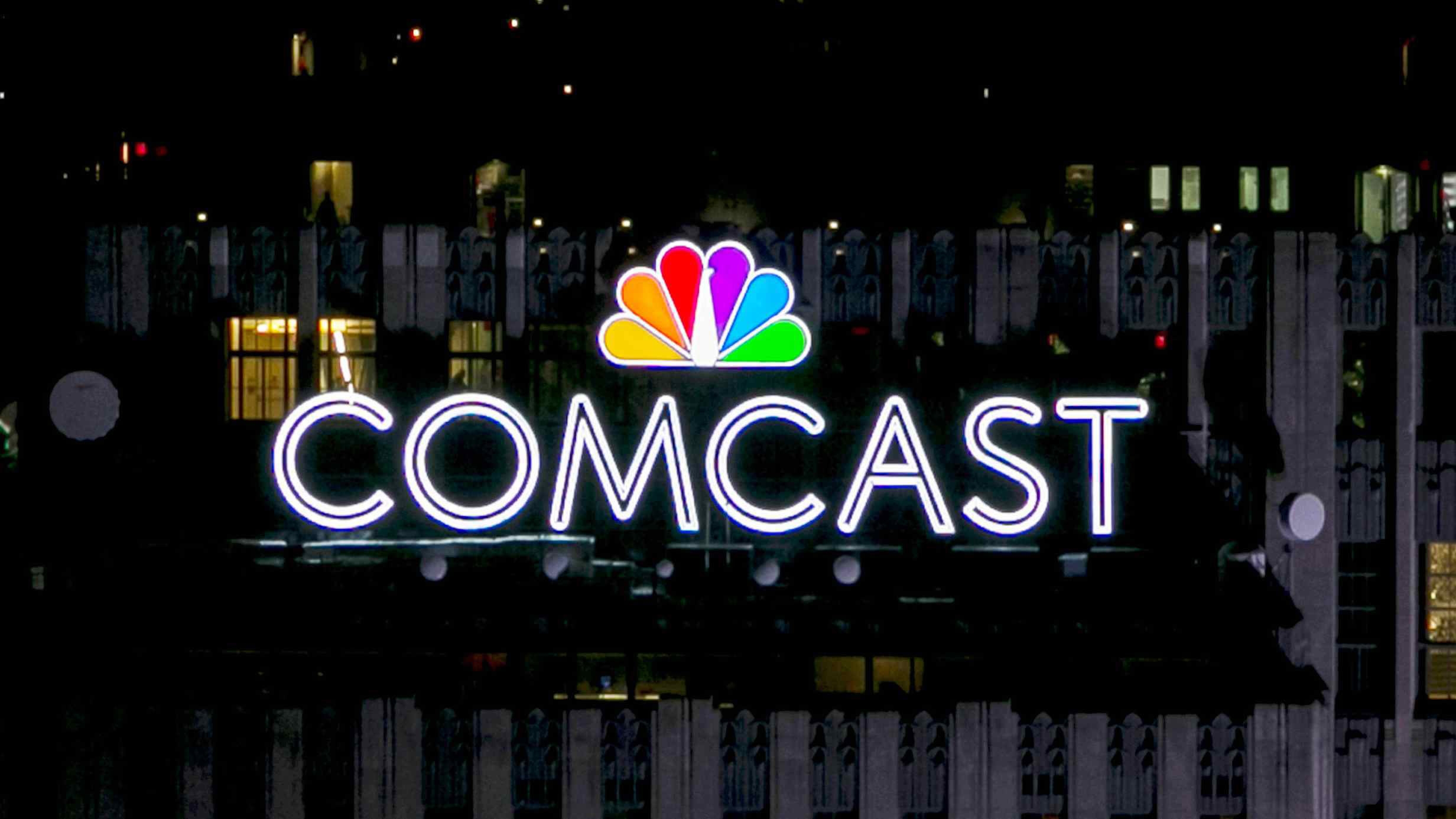
Business
22:05, 21-Dec-2017
Impacts of GOP tax cut will be far and wide
CGTN's Gao Songya

The markets, business groups and taxpayers are reacting to the newly approved Republican tax bill in their own ways.
With the federal corporate tax rate cut from 35 percent to 21 percent, many US companies plan to spend the capital gained from the tax reduction on new investments, boosting minimum wages and special bonuses.
AT&T promised to give a 1,000-dollar bonus to more than 200,000 employees once the bill is signed into law, while Cable television company Comcast said it would reward 100,000 “frontline and non-executive employees” with a bonus of 1,000 dollars.
Other companies such as Fifth Third Bankcorp and Wells Fargo said they would increase hourly minimum wages to 15 dollars for domestic employees
But some market reports suggested other companies would take less generous approaches. A survey by Bank of America and Merrill Lynch showed that 65 percent of companies would pay their debts with newly freed up capital, 46 percent said would buy back stock, and only 35 percent chose with their added finances.
Max Wolff, chief economist at the Phoenix Group, said the change will give domestic companies “home field” advantage operating in the US, but risks violating WTO rules.
Key US trading partners like the EU say the measure could ignite unfair competition between domestic companies and foreign businesses operating in the US, and might also jeopardize trade between the US and Europe.
Chinese exports may also be impacted. Jeremy Stevens, economist at the Standard Bank Group, said China has to become more competitive itself to conquer the problem.
“In the long term, any economy shouldn’t be protecting weak sectors. So Chinese corporates, they should focus on deleveraging, capital structure management and risk management and investing in productivity enhancement,” said Stevens. “That would put them in strong status for the next five to 10 years.”

There are also mixed thoughts on how average American citizens will be affected. The US Tax Policy Center said the average American will get a tax cut of 1,610 US dollars in 2018, and 80 percent of the people would actually enjoy it within the first year of legislation. However, their tax breaks are looking to expire after 10 years.
The bill also eliminates a core element of the national healthcare program – Obamacare, which may cause 13 million Americans to lose coverage in a decade.
On the government level, the new US tax measure is estimated to add almost 1.5 trillion US dollars to the national deficit over the next decade. But supporters say the tax cuts will spur enough economic growth to off-set the costs.
(Yan Yunli and Jessica Stone also contributed to the story.)

SITEMAP
Copyright © 2018 CGTN. Beijing ICP prepared NO.16065310-3
Copyright © 2018 CGTN. Beijing ICP prepared NO.16065310-3